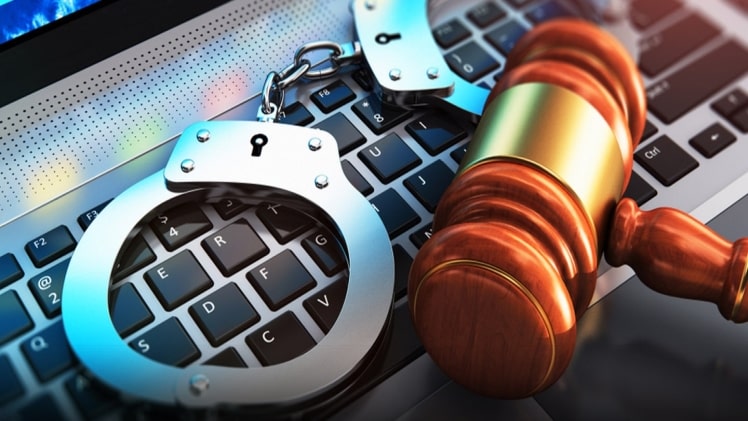By CIPESA Staff Writer |
As disinformation grows in form and prevalence in many African countries, the challenges to combating it are equally increasing yet measures to combat it remain inadequate and often inappropriate. This has got disinformation researchers concerned that, if more robust measures are not adopted, disinformation could become pervasive, harder to fight, and with broad social and political ramifications.
While disinformation is not a new phenomenon, a number of factors have spurred it to unprecedented levels. These include the rapid growth of social media usage, emerging media viability challenges, politicians’ increasing influence on the media, the outbreak of the Covid-19 pandemic, and the involvement of mainstream media in spreading disinformation.
Few actors are conducting fact-checking and contributing to fighting disinformation in the region, which is partly due to a shortage of expertise. That requires building a bigger cohort of fact-checkers and arming them with the skills to match the evolving disinformation challenges. “We need to make fact-checking sexy,” says Rosemary Ajayi, the lead researcher at Digital Africa Research Lab. “We need to learn from the disinformation spreaders. We need to find the motivation behind the disinformation.”
Also crucial to combating disinformation is generating evidence of the form and prevalence of disinformation, and how it originates and spreads between different mediums and communities. In this regard, the Collaboration on International ICT Policy for East and Southern Africa (CIPESA) in conjunction with partners in five countries (Cameroon, Ethiopia, Kenya, Nigeria, and Uganda), is conducting a study to understand the nature, perpetrators, strategies and pathways of disinformation, and its effects on democracy actors including civil society, bloggers, government critics, and activists.
At a related workshop conducted as part of the eighth Forum on Internet Freedom in Africa (FIFAfrica), held in September 2021, experts discussed the factors fuelling disinformation, efforts to contain the problem, and how disinformation is affecting democracy in African countries.
Morgan Wack, a PhD Candidate at the University of Washington, said the fracturing of online media and rise of social media has broken up the consolidated media that previously existed. “This is good but it also leaves the media vulnerable and also takes resources away from entities that could have done better fact-checking,” he said.
According to various speakers at the workshop, mainstream media across the continent has increasingly become a key disinformation pathway contrary to the known pillars of traditional media as purveyors of factual and reliable information. As observed by Tessa Knight, a Research Assistant at the Digital Research Forensic Lab, many countries do not have free and independent media and so their stories are often biased. Given the difficulties in fact-checking in such countries, the information remains one-sided.
With growing media viability concerns, newsrooms are narrowing the choice of issues to cover in order to cut costs. As Knight pointed out, given what is online, there may not be many people interested in what newsrooms are reporting. “We need to acknowledge the financial squeeze on the industry. Also, the fact that people consider other issues more important than say hospital deaths,” she added.
Nonetheless, Ajayi argued that the business model of several media organisations in countries such as Nigeria enables the propagation of disinformation, as some mainstream media were also doing the opposite of what is expected. “All I need to have a story published is to accompany it with an envelope [bribe] and this cuts across all media platforms,” she said. “There is also a close relationship between the government and newsrooms. Government spokespeople have come from the media so if they want to silence a story they know who to contact.”
Ownership of news organisations by political actors, including individuals holding senior positions in government, also undermines media independence and often renders such media houses sources of disinformation.
There are also concerns about governments using public media platforms and manipulating private media to spread disinformation. “In Ethiopia, the media is largely funded by the government so their news is one-sided, noted Abel Wabella, Executive Director of Inform Africa’s HaqCheck.
Yet Ethiopia presents a vivid example of how different political actors are using disinformation to push their agenda, including to destabilise the country. “Now people are suffering a humanitarian crisis because each side is providing contradictory information about the crisis in Ethiopia with a view of pushing their agenda,” said Wabella. He added that it is crucial to counter this disinformation to provide the opportunity for sanitised political conversations and to aid the country’s democratisation process.
Meanwhile, it was reported that during elections in Nigeria and Ghana, politicians assemble armies of commercial influencers to push their agendas that include disinformation. “In Nigeria we call them influenza because their goal is to make their content trend. They use all sorts of tactics, compromised accounts, fake celebrity accounts, fake accounts and also attaching fake giveaways to this content. They manipulate us by making us turn a non-story into a key topic of the day,” Ajayi said. She called for a multi-sectoral and multidisciplinary approach to digital literacy because fact-checking on its own does not work because “fact-checked information is not sexy like disinformation”.
Simone Tousi, a CIPESA Programme Officer for Francophone Africa, said governments in west and central Africa were also heavily relying on mainstream media to spread disinformation. This was undermining the power of mainstream media to deter the spread of disinformation.
The inadequacy of government responses to disinformation was also reflected in their legislative decisions. According to Tousi, disinformation laws and policies have had the net effect of undermining freedom of expression. Accordingly, there is an urgent need to repeal and replace these harmful laws with more progressive legislation.




